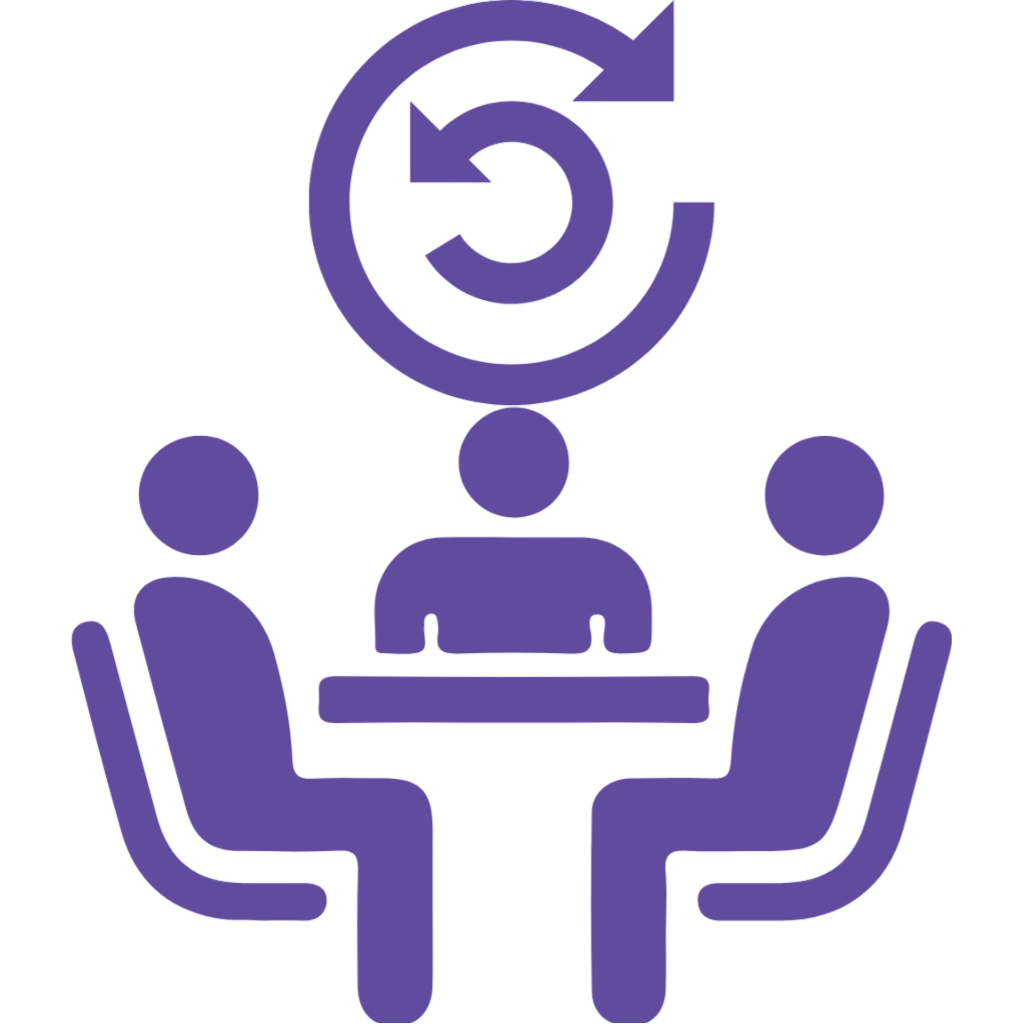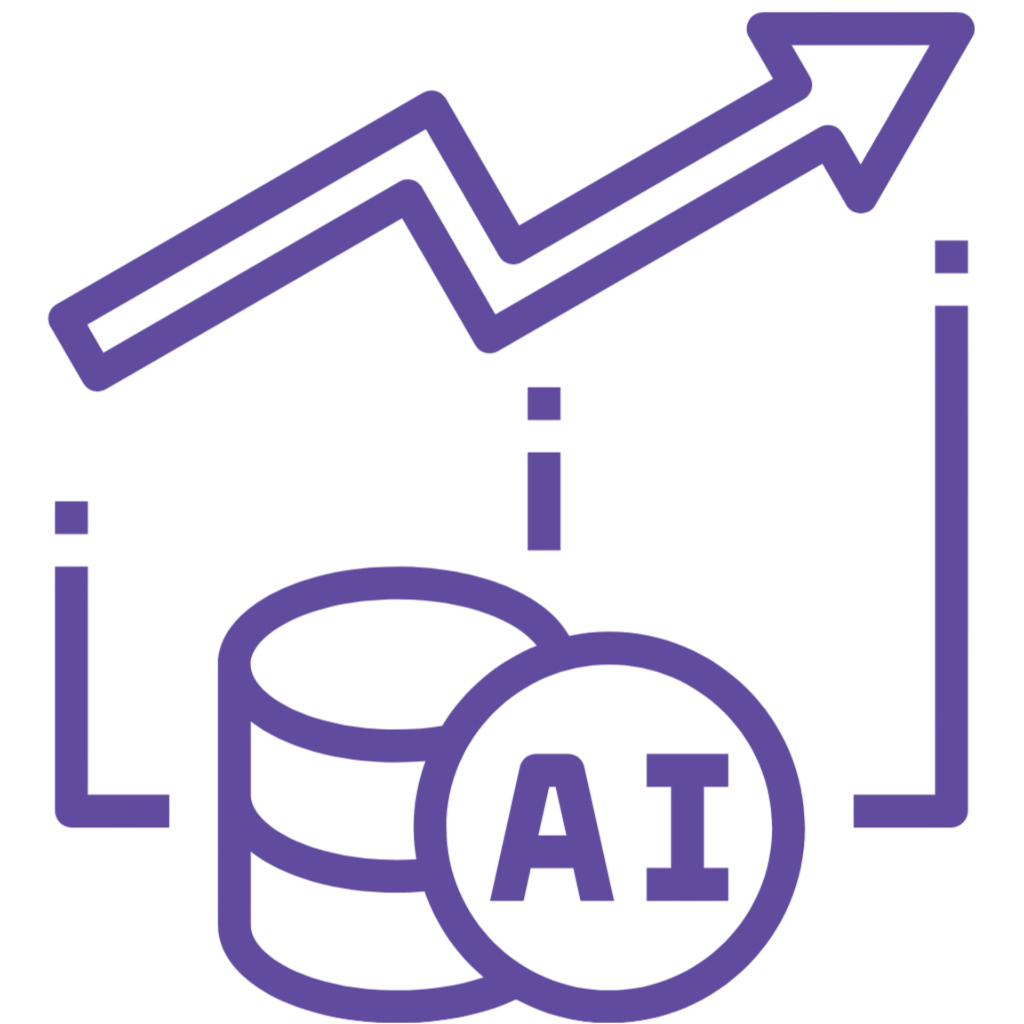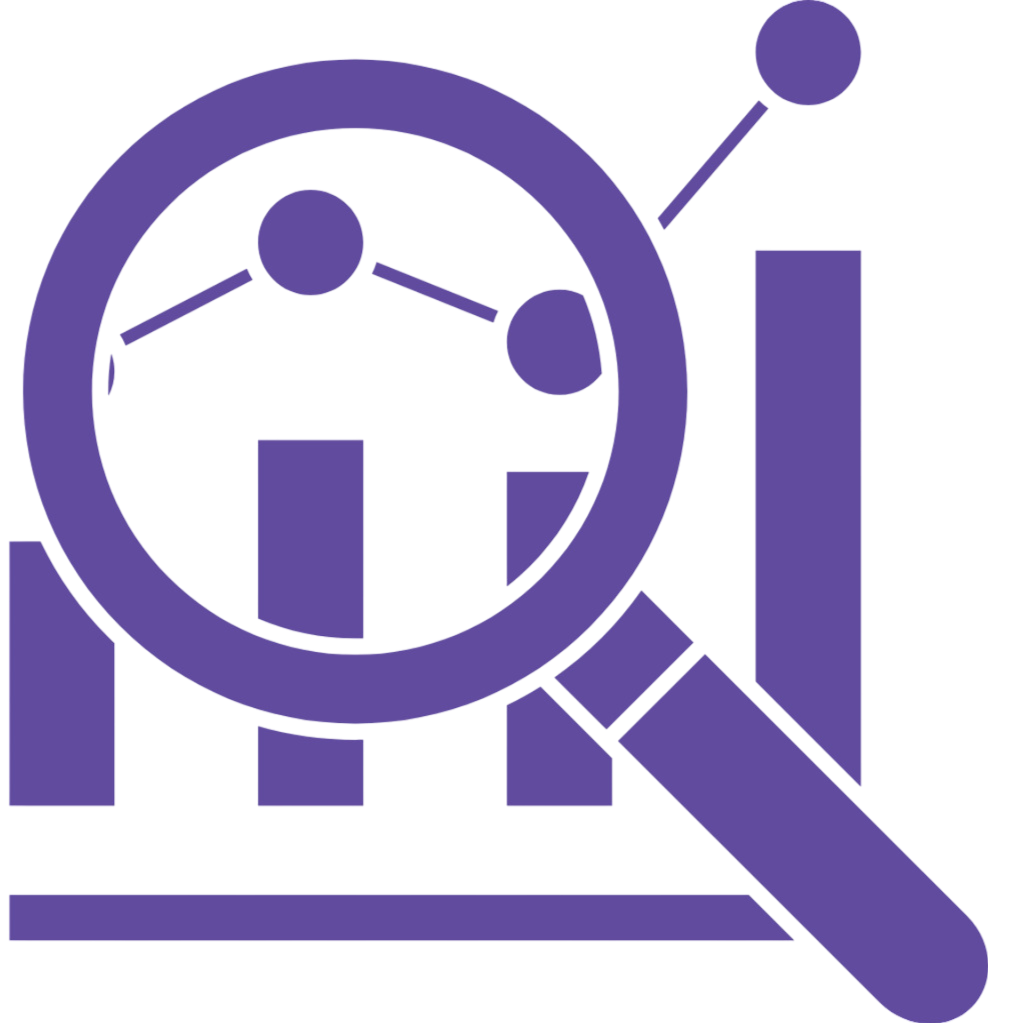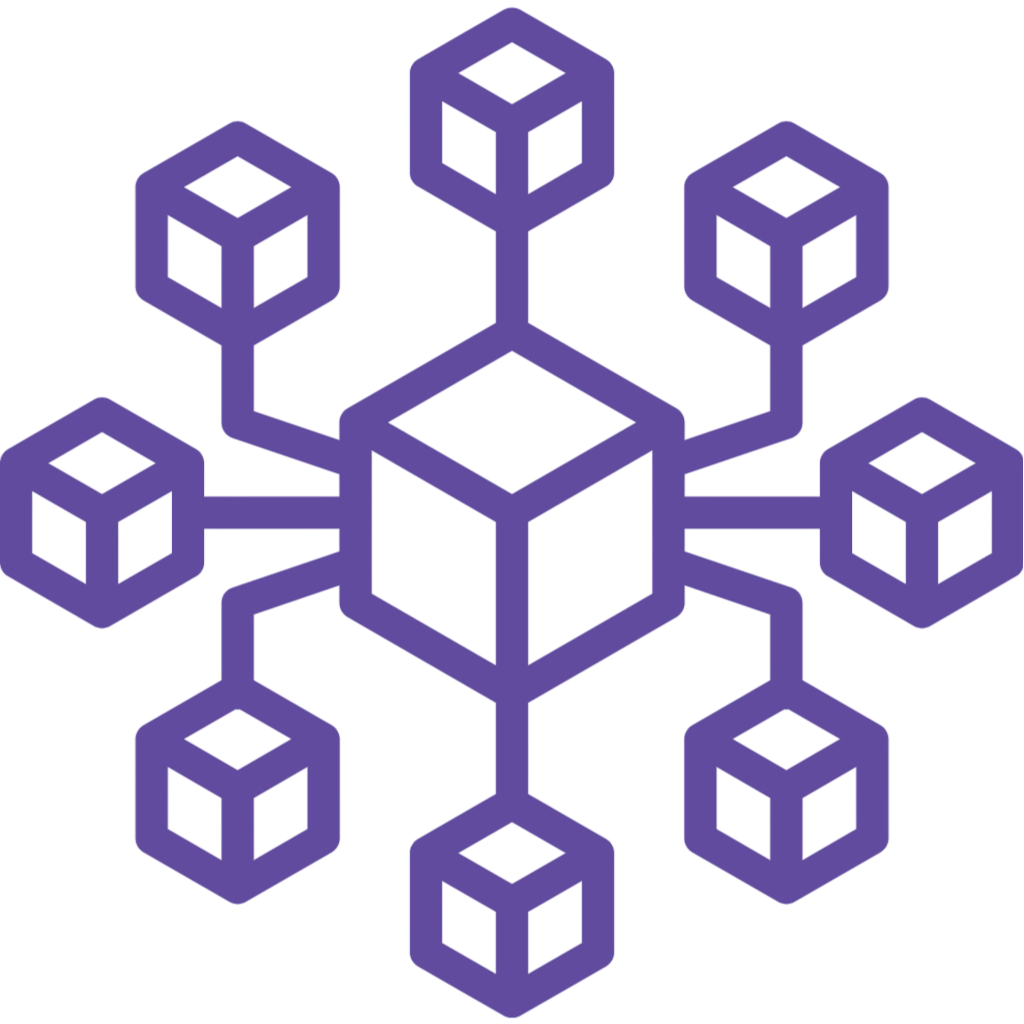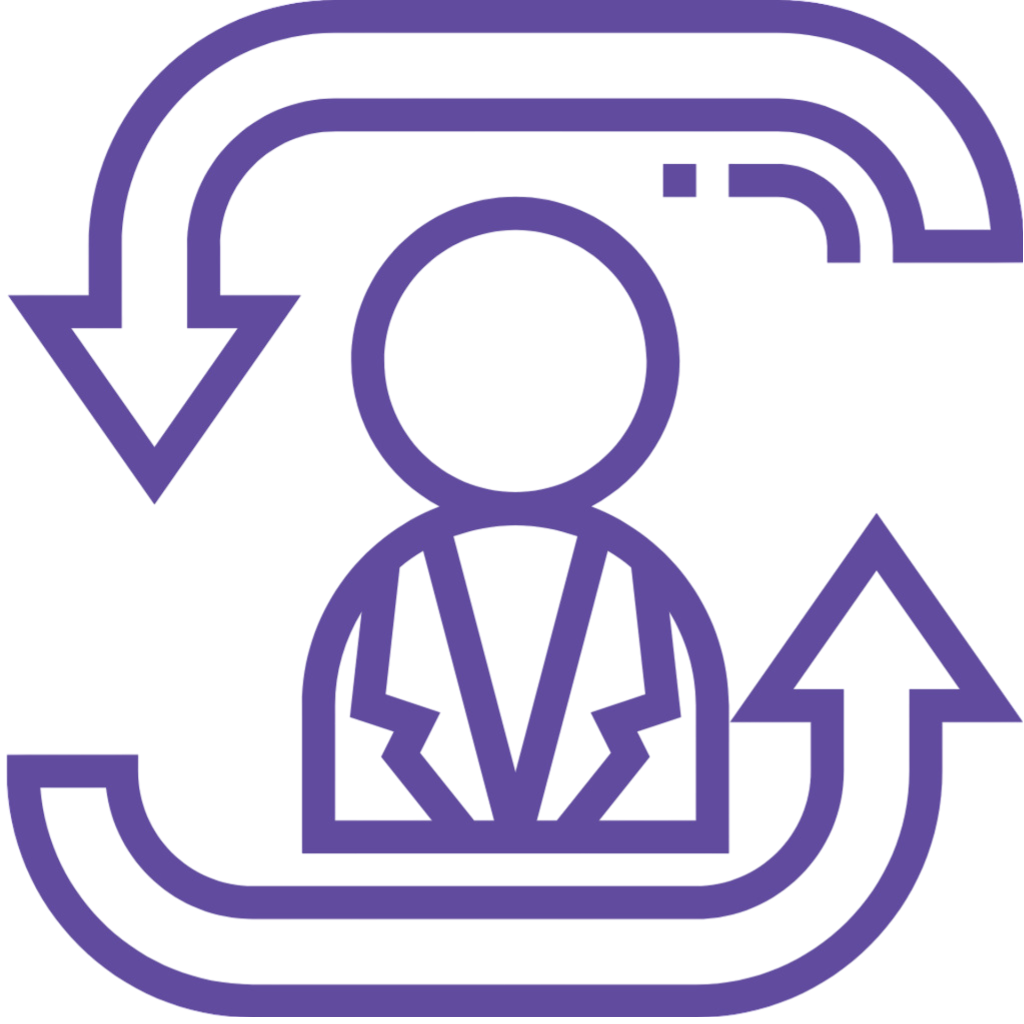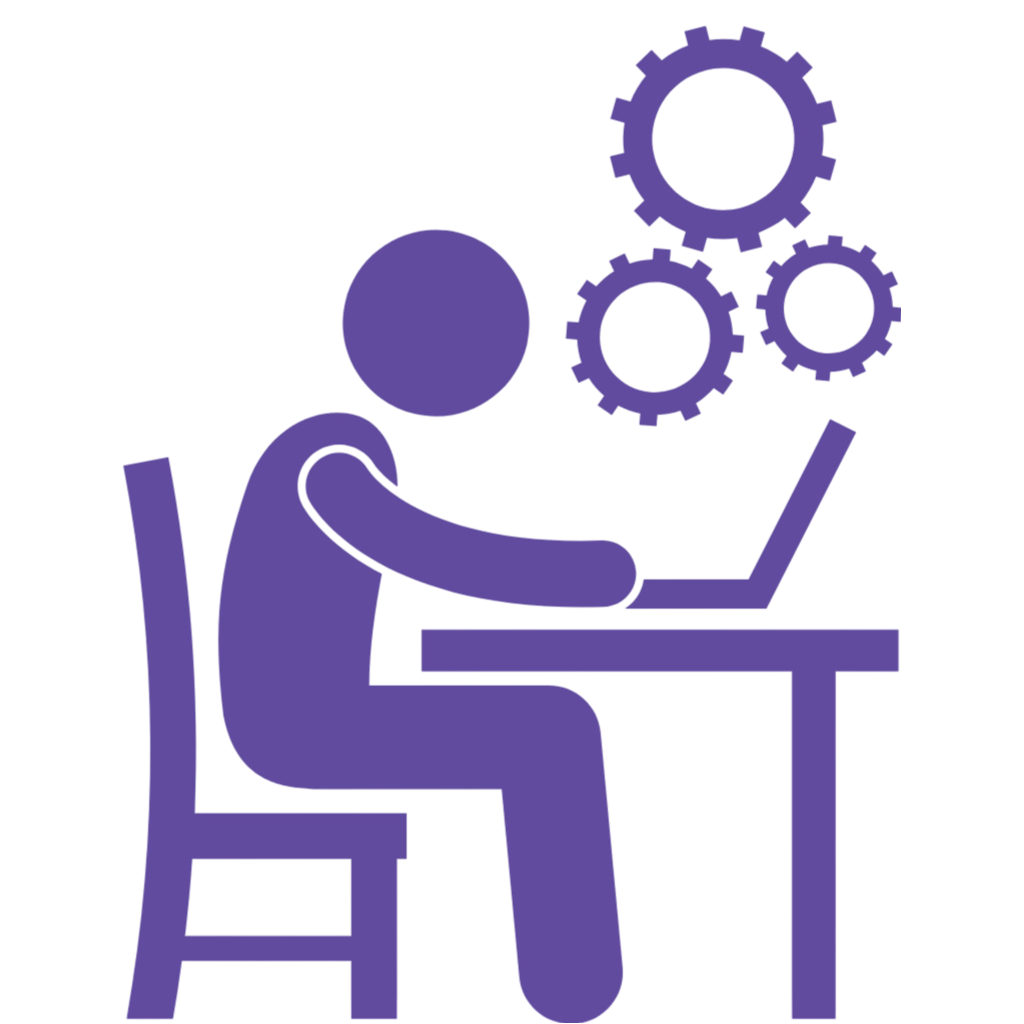1. Reflect and Learn
Kick off the year by reviewing the past year’s accomplishments and setbacks. Analyze what strategies and processes worked, what didn’t, and why. Learning from the past sets a more informed foundation for the future.
2. Set SMART Goals
Define your ambitions for the year with Specific, Measurable, Achievable, Relevant, and Time-bound goals. Clear objectives will guide your team’s efforts and provide a benchmark for success.
3. Break Down and Delegate
Dissect your broader objectives into smaller, manageable tasks. Delegate these tasks across your team, ensuring that everyone knows their responsibilities and how their work contributes to the larger picture.
4. Prioritize Wisely
Evaluate and arrange tasks based on their impact and urgency. Not everything can be a top priority, so focus your team’s energy on what will drive the most significant results.
5. Implement Efficient Tracking
Adopt a tool or system for tracking progress. This could be the point where you introduce a solution like KINE Capsule, which can help in real-time tracking and provide actionable insights for ongoing projects, ensuring nothing falls through the cracks.
6. Foster Open Communication
Encourage a culture of transparency and regular communication. Hold regular check-ins and encourage team members to share updates, challenges, and ideas. This will help in identifying issues early and keep everyone aligned.
7. Review and Adapt
Regularly assess the progress against your goals. Be prepared to make adjustments as needed – flexibility is key in responding to new challenges and opportunities. Celebrate the milestones achieved and learn from the hurdles encountered.
By following these steps, teams can maximize their productivity and achieve their goals more efficiently. While specific tools and platforms like KINE Capsule can enhance these processes, the foundation of a successful year lies in clear goals, strategic planning, effective communication, and regular reflection.